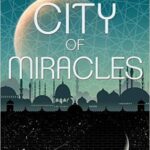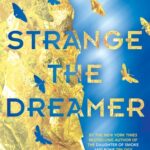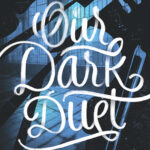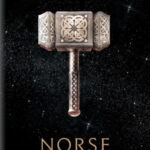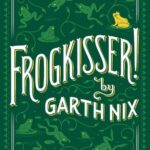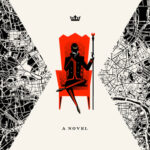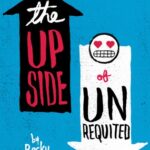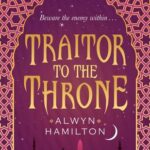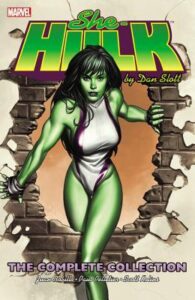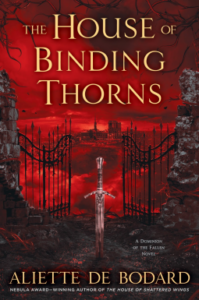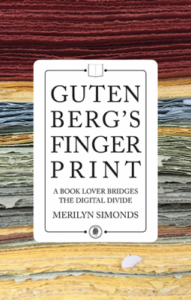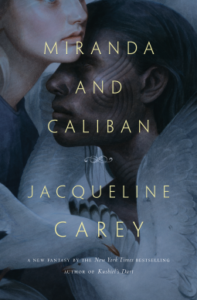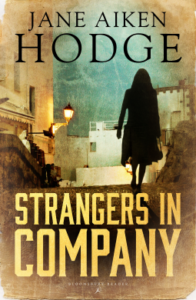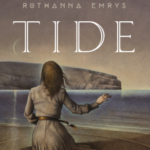It’s been a couple of weeks since I did this last because I’ve been so busy with assignments. Fortunately, I’ve had a bit more time to myself this week, so this feature is back!
What have you recently finished reading?
I’ve been rereading the Narnia books, so I just finished The Horse and his Boy. I read in chronological, rather than publishing order, so I’ve already read The Magician’s Nephew and The Lion, The Witch and the Wardrobe. I still love the narration. Lewis managed to get something wonderfully warm into it, particularly in The Lion, the Witch and the Wardrobe and less so in some of the others. But it is so preachy. Partly just because of the target audience (kids) and writing style (somewhat didactic), but also because of the Christian overtones.
I actually spoke to someone recently who hadn’t figured out that Aslan = Jesus? I actually miss having that kind of innocence about the books, because knowing it’s an allegory and being able to identify all the various points with clear correspondences takes away some of the fun.
I’ve also been rereading Sarah Zettel’s Camelot books, though so far I’ve only finished Camelot’s Shadow. It’s probably my favourite of the four because it has the story of Sir Gawain and Dame Ragnelle. There’s some minor typographical and editing issues that are driving me a little bit nuts in the UK editions. Like when Father is used as a name but not capitalised! But it’s a very interesting take on the Arthurian legends, even with the romances being the foreground. I love the fact that the matter of succession has been considered, and Gawain is openly being groomed to follow Arthur, while Guinevere has an active role in running Camelot, and… so on. I need to write my review, clearly.
What are you currently reading?
I’ve finished most of the books I have on the go at the moment. I’m partway through rereading Throne of Glass, by Sarah J. Maas; hopefully, I’ll catch up with the series this time. I still feel the same about it as I did the first time. It’s fun, but it’s not nearly perfect.
Next up: Camelot’s Honour, Prince Caspian, Crown of Midnight…
What are you planning to read next?
After dropping my reading goals, I’m trying to find more joy in my reading again, so I’m doing quite a bit of rereading. I know I want to reread The Invisible Library and The Masked City, by Genevieve Cogman, so I can get round to reading the new one. I just got approved for the ARC! I also want to reread Guy Gavriel Kay’s Fionavar Tapestry trilogy, and Robin McKinley’s Sunshine, as well as finish rereading Sarah Zettel’s Camelot books, the Narnia books and of course, Tolkien’s The Return of the King.
I’m also trying not to plan too far ahead. I finish a book; I pick up the next one which makes me smile.
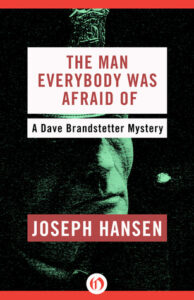 The Man Everybody Was Afraid Of, Joseph Hansen
The Man Everybody Was Afraid Of, Joseph Hansen

